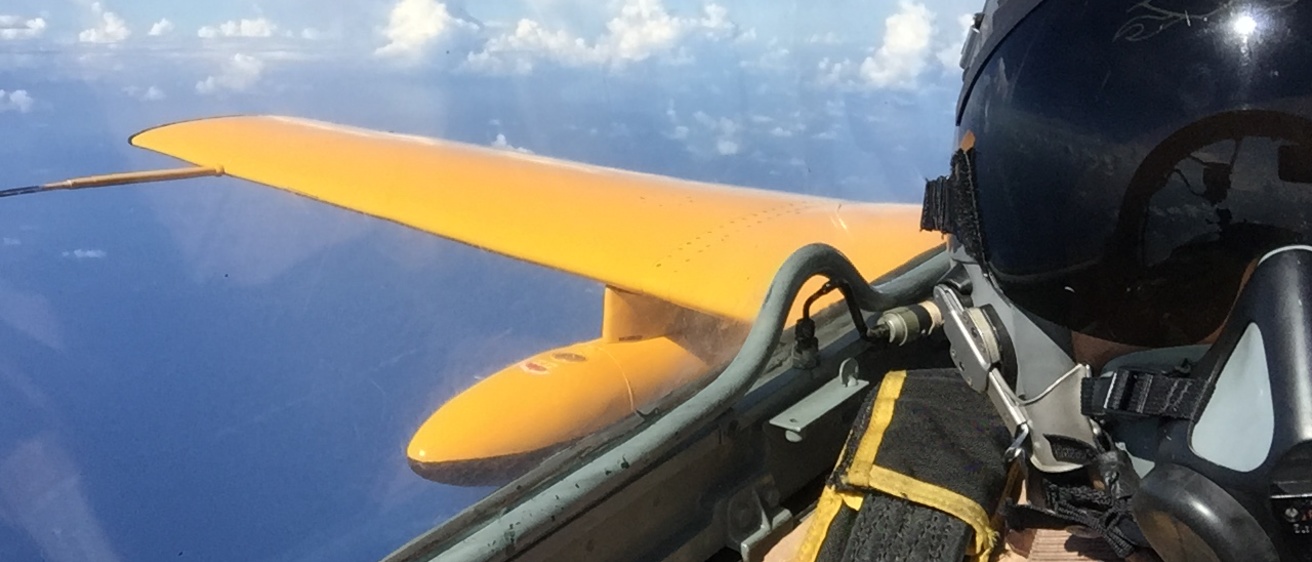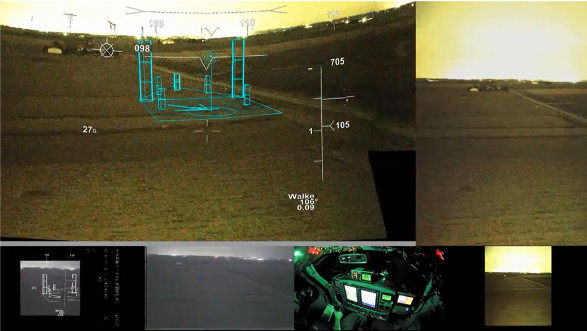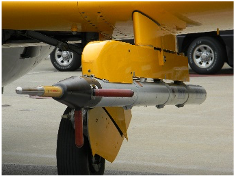Need
- Navigation systems can drift or even fail when GPS is denied. This is particularly critical in unmanned aircraft systems and in modern A-A communication systems that use electronically steerable antennas (ESAs).
- Navigation enhancement opportunities arise from leeching electronic signals such as cell phones, GPS L5, and other sources that can be used to geolocate.
- Visual, radar, and ground-beacon-based nav solutions find renewed interest in this day and age of GPS vulnerability.
- Access to capable testbeds for advanced navigation and sensing is limited.
OPL Resources
- OPL is a leader in testing advanced navigation systems for research and programs of record (e.g., CRIIS, TCTS-II).
- OPL has conducted simulated and actual GPS-denied operations for the purpose of testing advanced navigation systems (e.g., Navfest).
- OPL aircraft testbeds have very accurate TSPI, Lidar, and sophisticated sensor systems (e.g., color night vision DAS, gimbals, Lidars) that can be used for ownship and federated navigation solutions in electronically denied environments.
- Research is bolstered with a strong foundation of graduate-level academics, hands-on systems building, integration on aircraft, and testing with state-of-the-art agile flight test methods.
Research Topics
- Vision- and Lidar-based precision navigation
- Automatic target detection and tracking for on- and off-board sensors (e.g., in conjunction with ALEs)
- Development of a low-cost Controlled Reception Pattern Antenna (CRPA) system for jam-resistant navigation
- Use of non-navigational RF signals for the purpose of precision navigation in denied environments
- Rangeless research of electronic warfare and electronic protection using DRFM and software-defined radio


